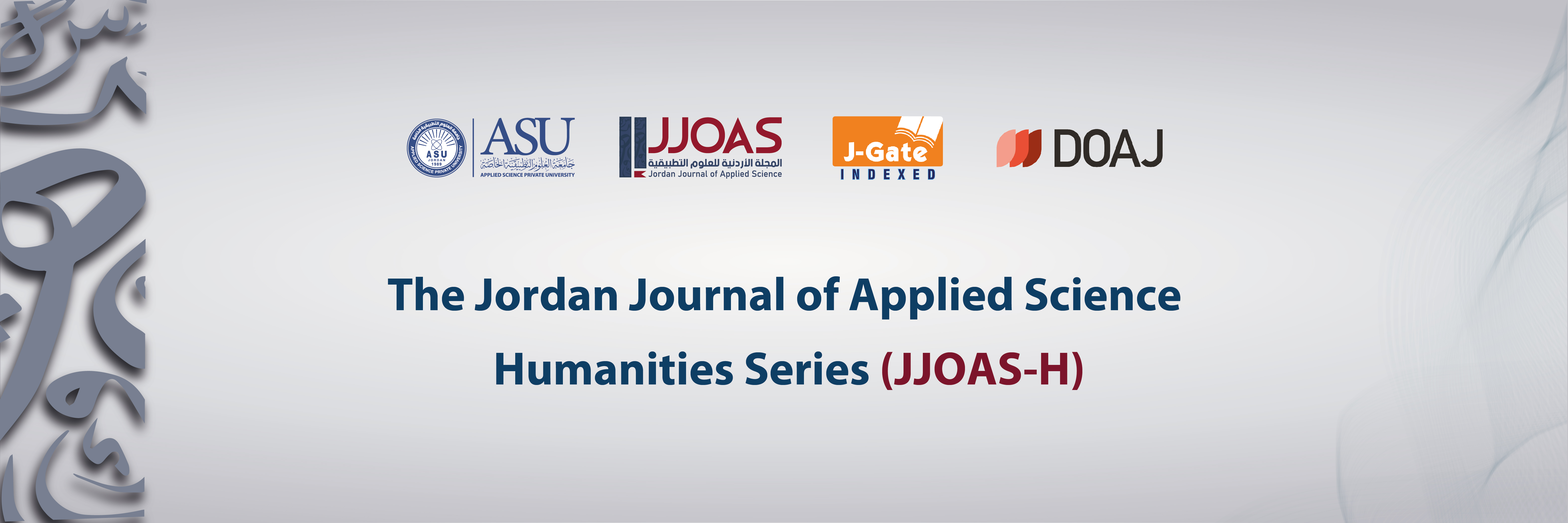
DOI
https://doi.org/10.35192/jjoas-h.v34i2.448
Abstract
The main aim of the following study is to examine the effect of a plyometric training program on some kinematic variables in the lunge of Jordanian fencers. The researchers utilized a training curriculum suitable for the type and nature of this study by creating an experimental program that included pre- and post-measurements for both the experimental and control groups. The study population consisted of 200 fencers from the Jordan Fencing Federation, with the study sample comprising 16 fencers. The researchers divided the fencers into two groups: an experimental group and a control group, with 8 fencers in each group. After applying the proposed training program over the designated period and conducting pre- and post-tests, the researchers processed the results statistically and discussed their findings. The results indicated that plyometric training positively impacted the development of speed and power in the fencers. There were notable differences between the pre- and post-test scores, particularly for the experimental group, attributed to the use of plyometric training. The researchers recommend incorporating plyometric exercises to develop physical attributes, specifically muscular strength, and suggest using these exercises to enhance the kinematic variables associated with the skill of attacking. This approach is expected to improve athletic performance. Additionally, the researchers advocate for the use of plyometric exercises during the special preparation period for fencers due to their positive effects on both physical fitness and skill development.
Recommended Citation
Al-kayeed, Anas and Atiyat, Khaled
(2023)
"The Effect of a Plyometric Training Program on Certain Kinematic Variables in the Lunge of Jordanian Fencers,"
Jordan Journal of Applied Science-Humanities Series: Vol. 34:
Iss.
2, Article 8.
DOI: https://doi.org/10.35192/jjoas-h.v34i2.448
Available at:
https://digitalcommons.aaru.edu.jo/jjoas-h/vol34/iss2/8
Included in
© 2023 by the author(s). This is an open-access article distributed under the terms of the CC BY 4.0 Attribution license.

